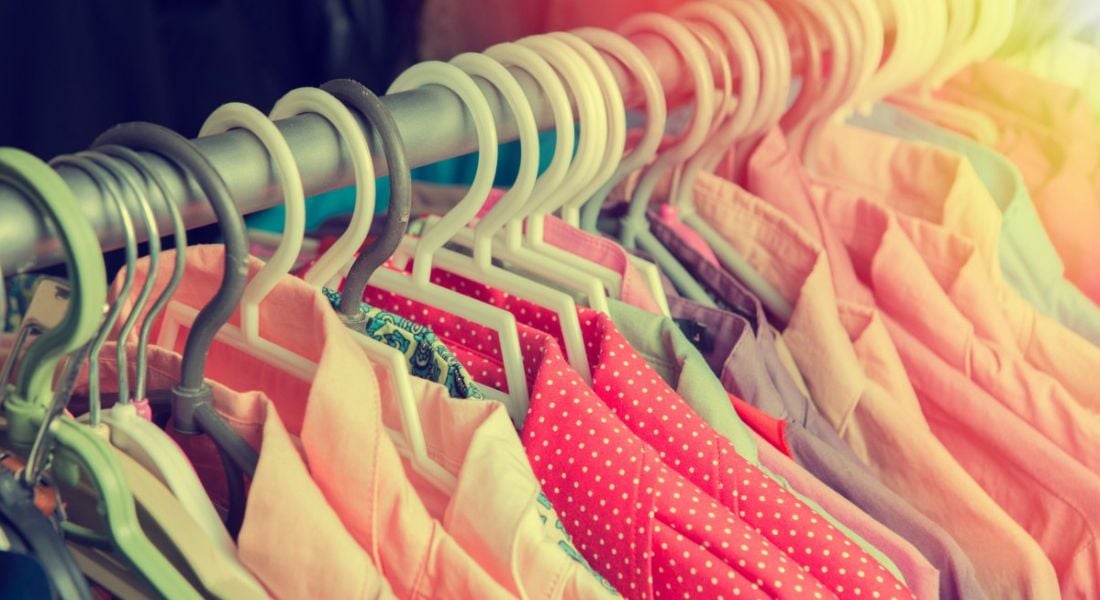Do you believe workplace dress codes are an outdated practice or a necessary element of professional life?
While dress codes may have relaxed in recent years, there are still plenty of companies who have them at many different levels, and they could could be impacting you more than you realise.
After all, if you work at a company that has a dress code, it doesn’t matter how relaxed the rest of the world is getting.
But how exactly do dress codes affect employees at work? Are they becoming outdated or will they always be a part of the working world in some way?
Recent research from online human resources service XpertHR shows that office workers are getting more chances to dress the way they want, even in situations where formal dress codes normally exist.
A survey of almost 500 employers’ policies showed that more than half tear up the rules regarding dress codes for certain dress-down days such as casual Fridays or charity support days.
While many organisations, particularly in the financial sector, still adhere to a fairly strict formal dress code policy, this is changing.
Last summer, Goldman Sachs, one of the largest banks in the US, announced that it has relaxed its traditional Wall Street-style dress code for its computer developers in a bid to attract top talent. According to Reuters, the bank told its tech division to “exercise judgment in determining when to adapt to business attire”.
‘I believe staff should be judged by the output of their work and not how they dress’
– LENA GORE
Does this dramatic shift in policy mark the start of a whole new world for workplace dress codes? Siliconrepublic.com spoke to several professionals from different industries to find out their feelings on the topic.
Relaxing dress codes
Lena Gore is the sales and marketing director at Find Me A Gift. She said, looking around her own office, she would describe the dress code as casual, although some employees dress very smartly and don’t look out of place.
“We used to have a member of staff who turned up every day like she had stepped out of a ’40s movie set, but that was just considered ‘normal’ for her,” said Gore.
“I think staff should be able to wear what they want to work and not be pressured into forking out for specific workwear. However, if we need to attend external meetings where first impressions count, then a smart outfit would be most appropriate. Internally, I believe staff should be judged by the output of their work and not how they dress.
James Lloyd-Townshend, CEO of Frank Recruitment Group, said that following a recent employee satisfaction survey requesting more comfort at the office, the company has relaxed its dress code and gotten rid of mandatory ties and suit jackets.
“Making jackets and ties optional is a welcomed change, particularly in the summer months when formal business wear can be uncomfortable in a warm office,” he said. “We’ve had a really positive response across the organisation and are happy to make changes to suit the needs of our employees.
Jane Leung is the chief investment officer at Scenic Advisement, an investment bank for private markets. She believes full suit dress codes are definitely becoming outdated in the US and increasingly in Asia and Europe, too.
“That said, my view on dress codes is that people should dress to be their best selves, and that does mean being comfortable and genuine to yourself, but also dressing to show respect for your colleagues and clients,” she said.
“If you’re expected to be in a suit for example, you can find something that is true to yourself, yet respectful to them. Something that looks put together and thought through, though it doesn’t have to be a boring, traditional suit.”
Strong opinions
Debra Corey is the group reward and engagement director at Reward Gateway. After writing a piece about workplace attire earlier this year, Corey found that people are incredibly passionate about what they wear. “I couldn’t believe how many people from all walks of life jumped into the conversation and debate, which was heated at times, to put forward their viewpoint.”
She said there was a variety of differing opinions, from those who believed you could only achieve trust and respect through wearing formal work attire, to those who believed that informal dress could make people more creative and innovative.
“The takeaway from both of these is that some people feel that clothes can help them either act in a certain way or be seen in a certain way, although there was no agreement as to what exactly these ways were,” she said.
“The one point that almost everyone agreed with was the concept that there is no one-size-fits-all approach to dress code. People said that although they had a personal preference, they felt strongly that everyone should be given a choice and decide what’s right for them.”




